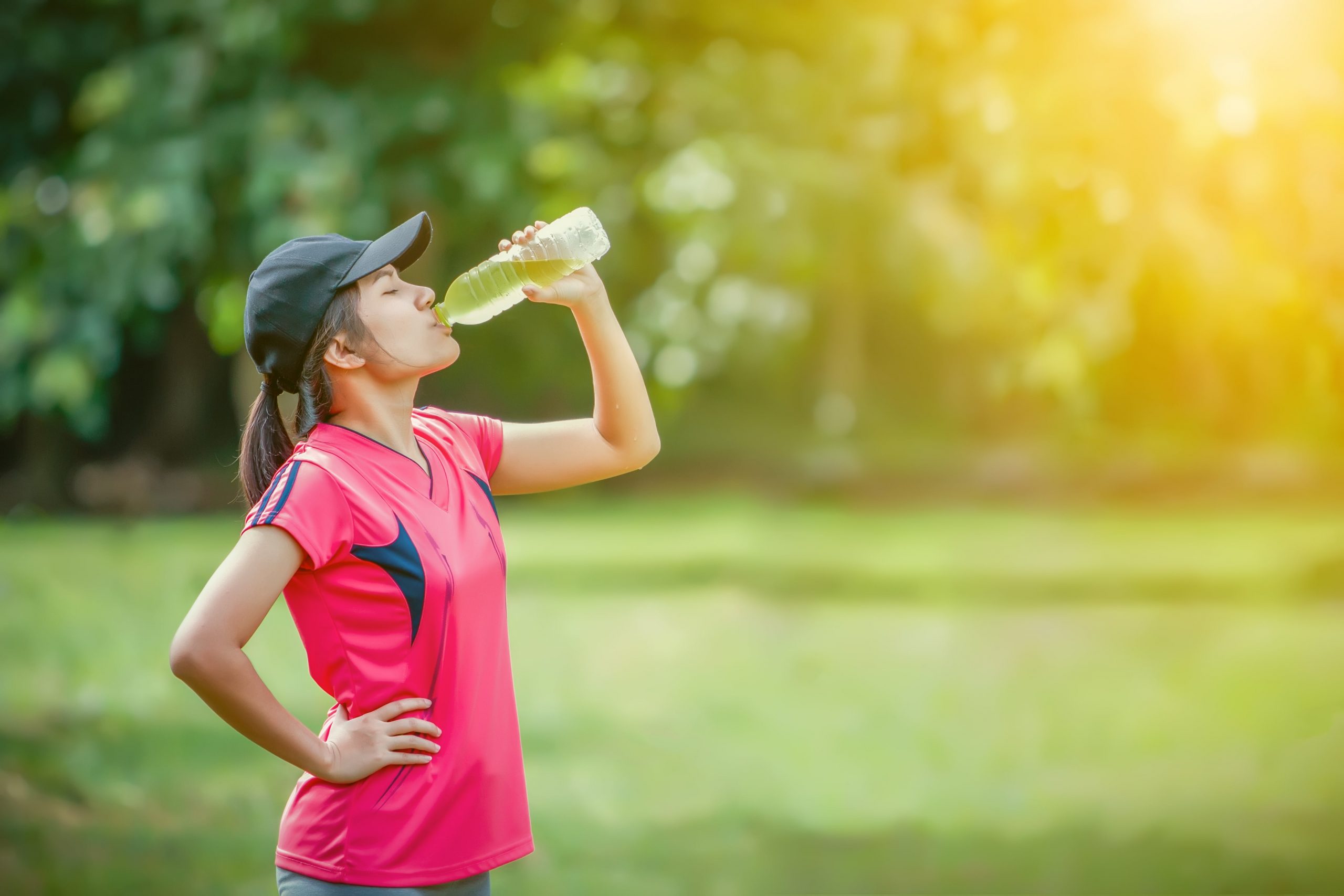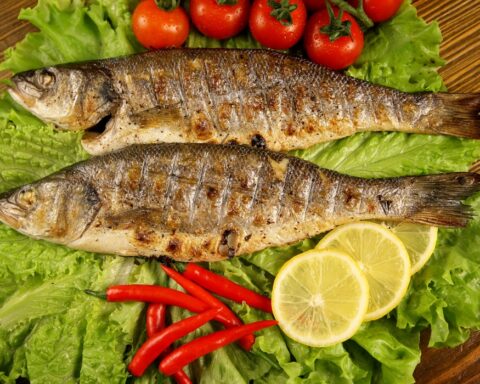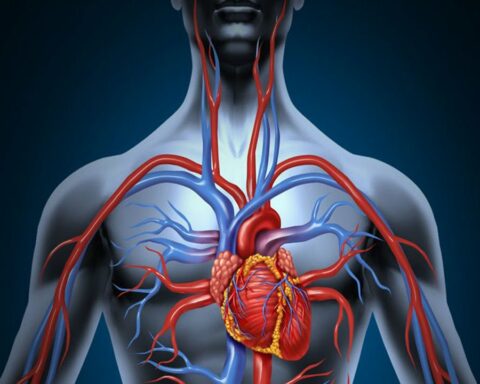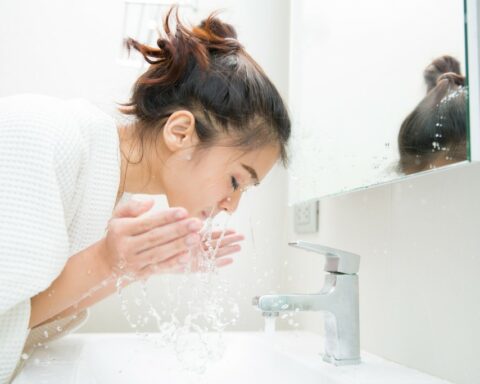Including electrolyte drinksto your wellness routine is important. Before throwing these drinks into the mix, there are amazing facts you should know. With “what are they?” as the question hitting your mind, this blog has all you need to know about electrolyte drinks.
When looking for ways of adding sodium, potassium, and magnesium, you might have heard of the term electrolyte. These are the minerals present in the tissue, blood, other body fluids needed for proper nerve and muscle functioning, regulation of blood pressure, and keeping you hydrated. While there are drinks known for their natural electrolyte capabilities, some may need to undergo some processes to provide electrolytes. So, what is there to know about electrolyte drinks?
Drinks That Provide Electrolytes
Fruit juices
If you’ve been a great fan of fruit juices because of their sweetness, it’s time to have an added reason for not missing them in your diet- they are rich in electrolytes.Juice extracts from oranges, watermelons, and cherry are greatmagnesium, potassium, and phosphorus sources. Orange juice can provide you with 13.6 mg of magnesium, 221 mg of potassium, and 34.7 phosphorus. Still, fruit juices may not be the perfect beverage to replace sodium amounts lost from sweat because they contain more sugars than sodium. But that shouldn’t stop you from being a sucker for fruity juices; make sure you don’t rely on them as the only source of electrolytes.
Milk
If you want to have a wealth of calcium, sodium, or potassium, invest in milk. I cup of milk contains 300 grams of calcium, 92.7mg of sodium, and 366 mg of potassium. In addition, it generously provides your body with micronutrients. You can’t imagine the kind of benefits a combination of macronutrients and electrolytes can do to your body. If you have no tolerance for lactose, cow milk may not be a solution for you. But you may compensate with lactose-free milk. If you’re a vegan, you may consider soy milk, almond milk, and oat milk alternatives. But these typesdon’t provide high amounts of vitamins and minerals like animal-derived milk. You may choose to have whole, low-fat, or skimmed milk, whatever serves you right.
Coconut water
Apart from its sweetness, coconut juice is a great source of electrolytes. It’s low in sugar and rich in sodium, potassium, calcium, and magnesium. According to nutrition experts, 240g of unflavored coconut juice contains 396mg of potassium, 16.8 mg of calcium, 62.4mg of sodium, and 14.4 mg of magnesium. You can replace sodas with coconut juice to experience the wholesome benefits.
Sports drinks
Sports drinks are known for their unhealthiness, but they’re not entirely bad. Thepros are the electrolytes they provide to the body. Ever wondered why athletes are given sports drinks after their race? It’s because it helps them stay hydrated and replace the electrolytes they lost through excessive sweating.You can opt for sugar-free options, which will also help you to boost your energy levels. However, an average person should be careful with sports drinks. They contain more electrolytes than what the body requires, making them most suitable to high endurance athletes but almost unsuitable for normal persons.
Pedialyte
Although it’s commonly beneficial to kids, adults too may benefit from them. It’s the best solution anytime you have fluid losses, probably through diarrhea or vomiting. It offers sodium, chloride, and potassium. Go for unsweetened versions if you want to avoid artificial flavors.
Swallow electrolyte pills
Electrolyte pills are the most convenient option if you want a portable and budget-friendly electrolyte source. Place pills in your water, shake, stir and enjoy your drink. There are different brands with different quantities of electrolytes. Still, all of them, regardless of the company, contain sodium, potassium, magnesium, and calcium. They have little calories, no sugars, and are available in varying flavors to accommodate anyone’s choice of taste. Some may contain extra ingredients that are unpleasant to you. To be safe, ensure you look at the label.
How to Make Electrolyte Drinks At Home
If you’re a do-it-yourself individual, you may be longing to make electrolyte drinks at the comfort of your home. But only choose to make it yourself if you’re sure you’ll do it the right way. Most electrolytes are already pre-mixed and ready for use. But for you, you’ll have to mix your ingredients while making sure they’re rich sources of the electrolyte mineral. Having a homemade drink allows you to use your flavors and make your desired drink with your preferred taste. You can mix several minerals, which allows you to consume very high levels of electrolytes. At home you can make;
Smoothies
Whether you choose fruits or vegetable smoothies, they are convenient and breath-taking ways of providing your body with electrolytes. The highest sources of electrolytes are bananas, avocado, spinach, and kales. You can mix them to get the highest amounts of this important mineral. Still, you can choose to have a pure fruity flavor and mix fruits only or a vegetable-based drink and use only the vegetables. The choice is yours.
What Is The Recommended Amount Of Electrolytes?
Knowing the right amount of electrolytes needed will help you maintain the right dosage. While these components are beneficial to the body, too much of it or less can either cause harm to your body or appear ineffective in your system. If you want to maintain a healthy balance, strive to get these amounts;
- Phosphate-individuals above 19 require about 700 mg
- Magnesium- those between 19-30, makes need 400 mg, while females 310 mg
- Calcium- 1000mg for 19-50 years individuals
- Potassium- 2600 mg for adult females and 3400 for adult females
- Sodium- should not go beyond 2300 mg
- Chloride- since most dietary versions are from salt, the intake should be the same as sodium.
When do you need electrolyte drinks the most?
Generally, electrolyte drinks are important in our meals. But, they’re more in demand when there is an electrolyte imbalance in the body. Imbalance happens when the body dehydrates or overhydrates. Factors leading to imbalance include;
- Heart failure
- Kidney and heart problems
- Vomiting and diarrhea
- Medications like diuretics
- Excessive sweating
- Inadequate eating or drinking
What Are The Risks Of Electrolyte Drinks?
Drinking more than the required amount will lead to unpleasant effects. Too much sodium, potassium, or calcium in the body leads to hypernatremia, hyperkalemia, or hypercalcemia.
Conclusion
It’s undoubtedly proven that electrolytes are essential minerals with exceptional benefits to our health. Even though we can get enough electrolytes from the diet, electrolyte drinks are more crucial for athletes, ill individuals, and persons at high risk of dehydration. Ensure to keep a healthy balance of electrolytes, not too much, not too little, to avoid risks. Consult a doctor to get the right electrolyte levels!
- Our Big Kitchen’ (OBK) is a non-profit organization located in Sydney, Australia - April 10, 2023
- Duos CBD, a hemp product E-commerce website - April 10, 2023
- SOFA SPOONING SEX POSITION - April 7, 2023









